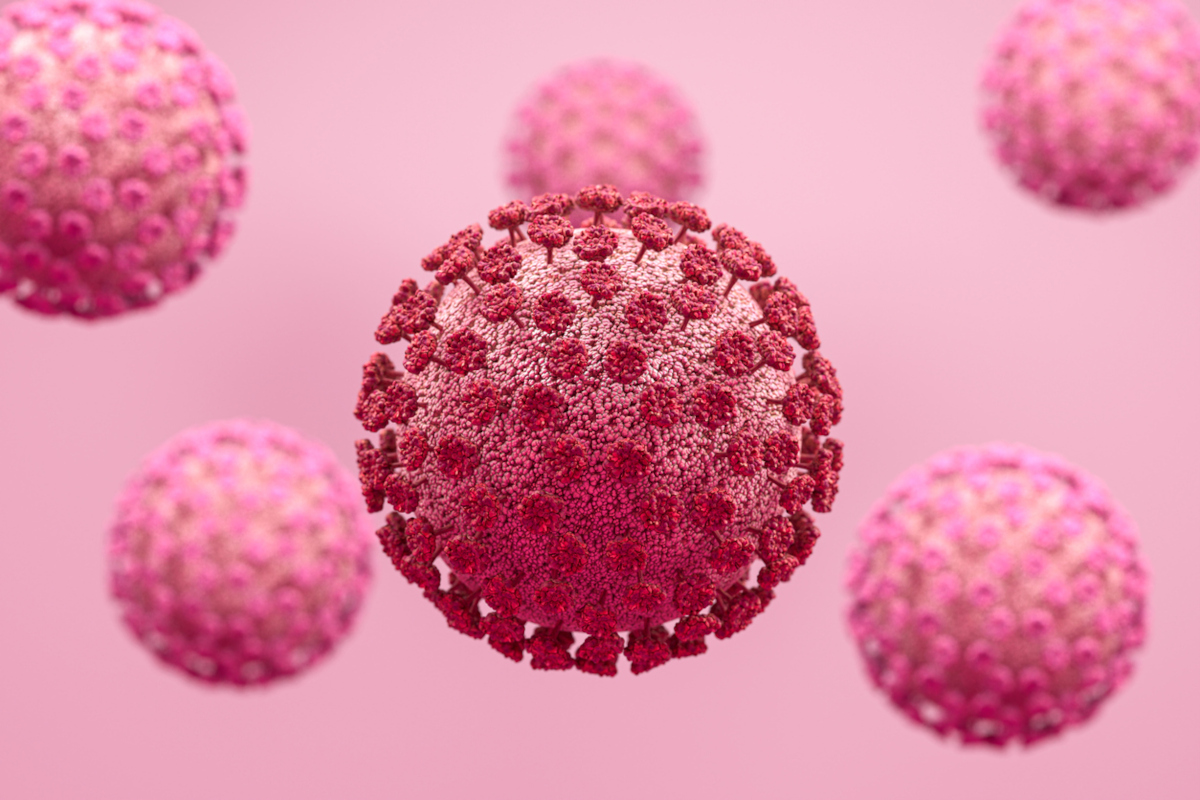The Asthma Society of Ireland recently released the results of its Hay Fever Survey, which found that seven-in-10 people who have both asthma and hay fever have needed to increase their asthma medication when the pollen count was high. The survey, which was completed by 524 people in June of this year, also suggested that more people with both asthma and hay fever experience more severe hay fever symptoms than those without an asthma diagnosis. People with both hay fever and asthma were twice as likely to report their hay fever symptoms as ‘severe’ and ‘debilitating’ than people with hay fever and no asthma diagnosis.
The survey also found:
• Seven-in-10 people said they were concerned they would mistake Covid-19 symptoms for hay fever.
• Eight-in-10 people said their asthma was triggered by pollen.
• Two-in-10 people said they required the use of painkillers to alleviate their hay fever symptoms.
• Five out of 10 respondents had used the Asthma Society’s Pollen Tracker.
Ms Sarah O’Connor, CEO of the Asthma Society of Ireland, commented: “For the four out of five people who have both hay fever and asthma, hay fever can be an extremely debilitating condition. Unfortunately, many people still have the perception that hay fever is not a serious condition, but our survey identified that many people with asthma and hay fever experience a very poor quality of life during pollen season.
“They suffer through not only sniffling and sneezing, but also “severe headaches” and “unable to concentrate due to their hay fever”. Not only are people with asthma and hay fever affected physically, but a large number of
people who completed our survey also described the condition as being “embarrassing” and “humiliating”.
“For the 304,000 people who suffer from both asthma and hay fever, they need to be extremely vigilant with their hay fever management to ensure their hay fever does not trigger an asthma attack. For more information on pollen levels in your area, visit our Pollen Tracker page on asthma.ie, which displays pollen levels for both the current day and the next, and also give hints and tips for managing hay fever during days when the
pollen count is high.”
Dr Marcus Butler, Medical Director of the Asthma Society of Ireland, added: “Although there are some common symptoms in hay fever and Covid-19, there are a few important differences people should look out for. In hay fever cases, the majority of sufferers will experience sneezing, which is not considered to be a symptom of Covid-19. In Covid-19 cases, the patient will usually experience a high temperature and frequently, Covid-19 patients have muscle aches and pains, and neither of these symptoms are typically associated with hay fever.
“It’s worth emphasising that despite its name, historically linked to the summer hay-making season, hay fever is not in fact a condition that causes fever, whereas fever is the number-one most common symptom of Covid-19.
People who are concerned about whether their symptoms are related to Covid-19 or to hay fever should call their GP. They can also visit asthma.ie for their ‘Know your Symptoms Chart’, which breaks down common respiratory diseases and illnesses to help identify which condition they are experiencing.







